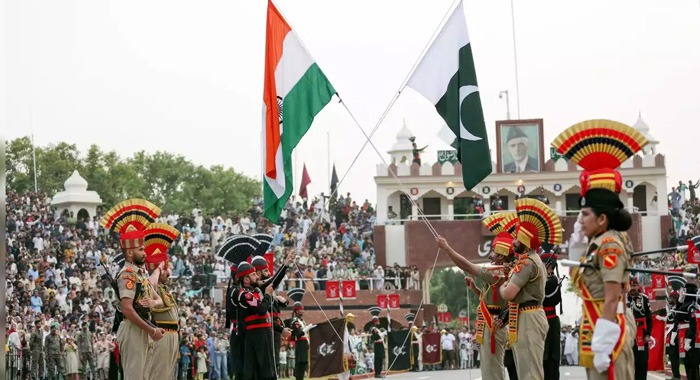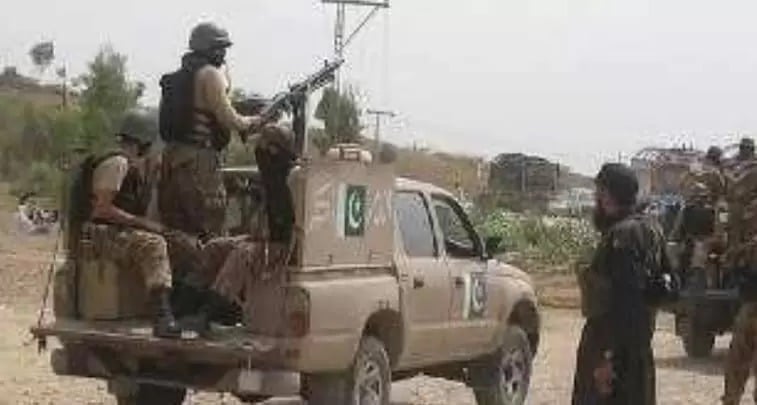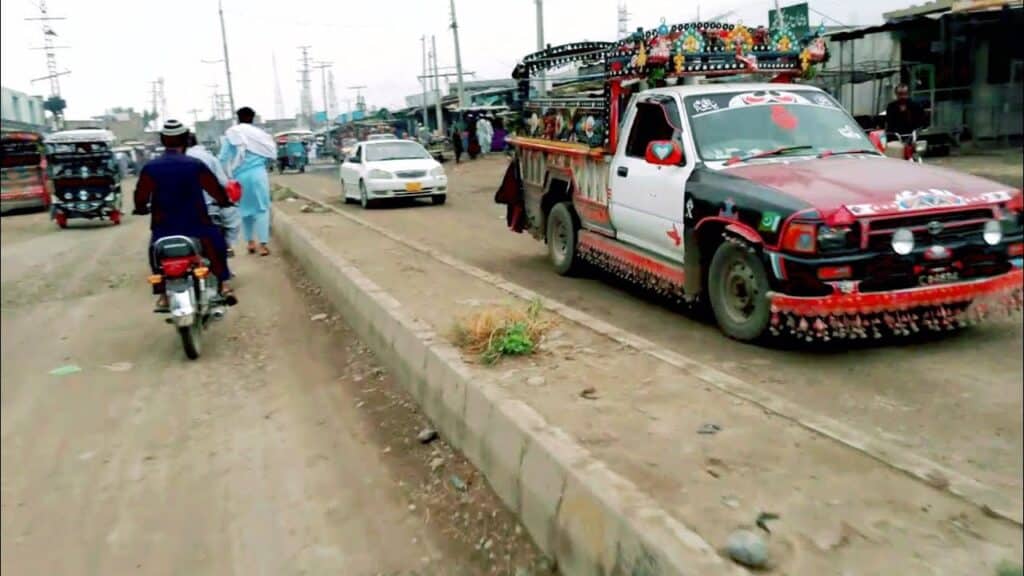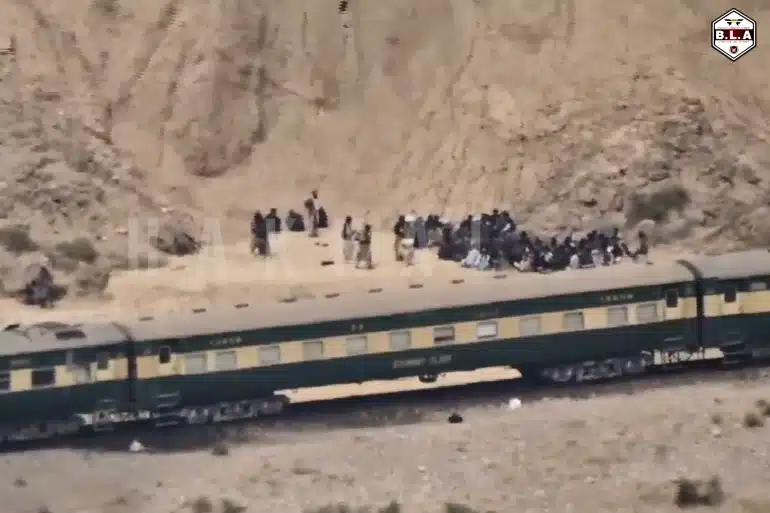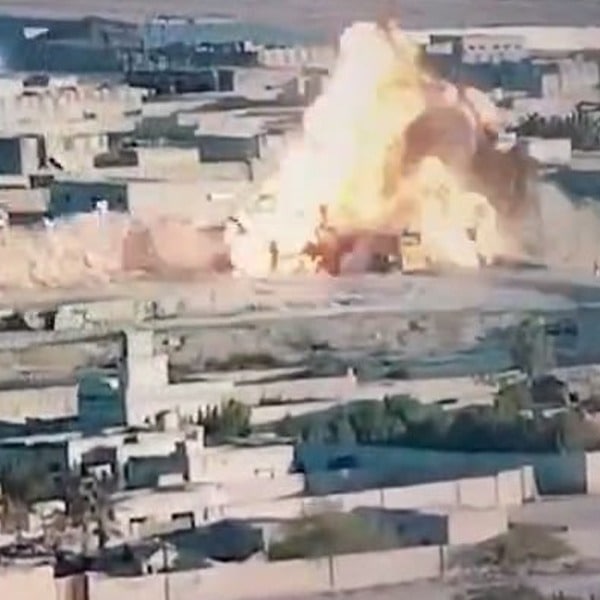Pakistan’s Foreign Office has categorically rejected Indian media reports claiming that the Wagah Border was closed to Pakistani citizens returning home following a deadly attack at Pahalgam, a tourist spot in Indian-administered Kashmir.
On April 22, a tragic incident in Pahalgam claimed 26 lives—mostly tourists—in what has been described as one of the deadliest attacks in the region since 2000. In the aftermath, India suspended visa services for Pakistani nationals and ordered all Pakistani citizens currently in India to leave the country.
A report by The Times of India on April 30 alleged that Pakistan had “refused” to open the Wagah Border gate, leaving dozens of Pakistanis stranded in a state of “diplomatic limbo.”
Responding to media inquiries late Thursday, Pakistan’s Foreign Office dismissed these allegations, clarifying that the Wagah-Attari border remained open for returning citizens, with the final return deadline set for April 30, 2025.
“The decision by Indian authorities to cancel visas has created serious humanitarian challenges,” the Foreign Office said in a statement. “Many patients with critical health conditions had to return without completing their treatment. Reports of families being separated, including children from their parents, are deeply concerning.”
The statement further emphasized that Pakistan is ready to receive any of its citizens who are allowed by Indian authorities to cross the border.
“We are aware of reports that some Pakistani nationals are stranded at Attari. If Indian officials permit them to cross, Pakistan stands ready to facilitate their return,” the statement said. “The Wagah Border will remain open for Pakistani citizens in the future as well.”
India’s abrupt visa suspension, reportedly in reaction to the April 22 attack, has drawn criticism from human rights advocates citing the impact on innocent civilians.

